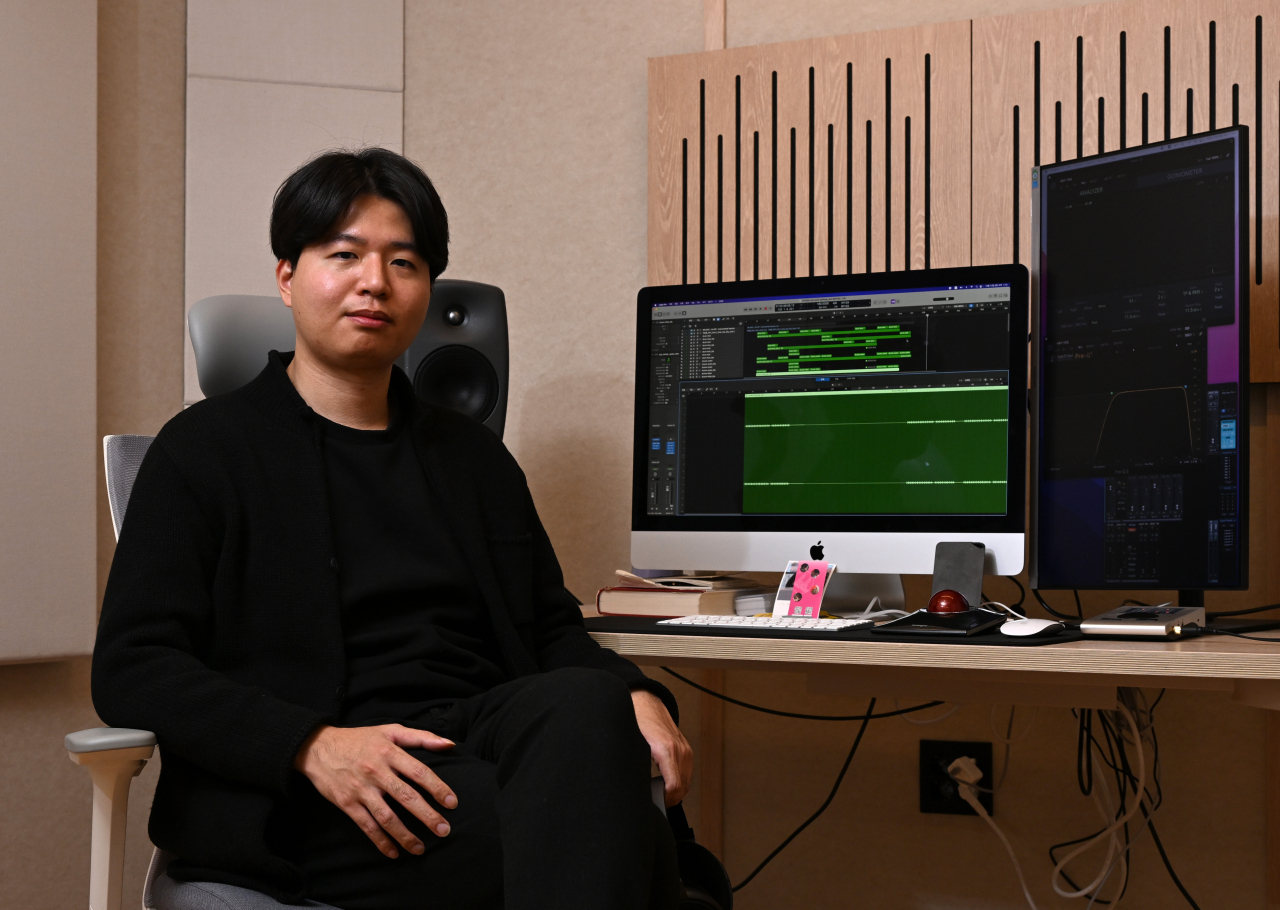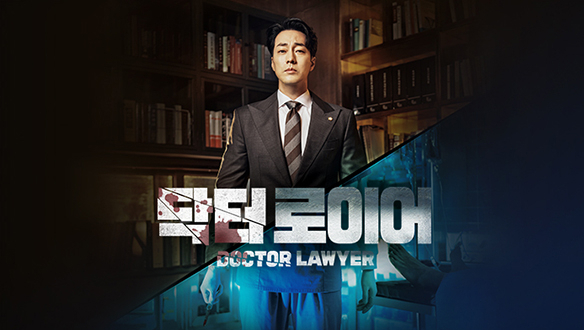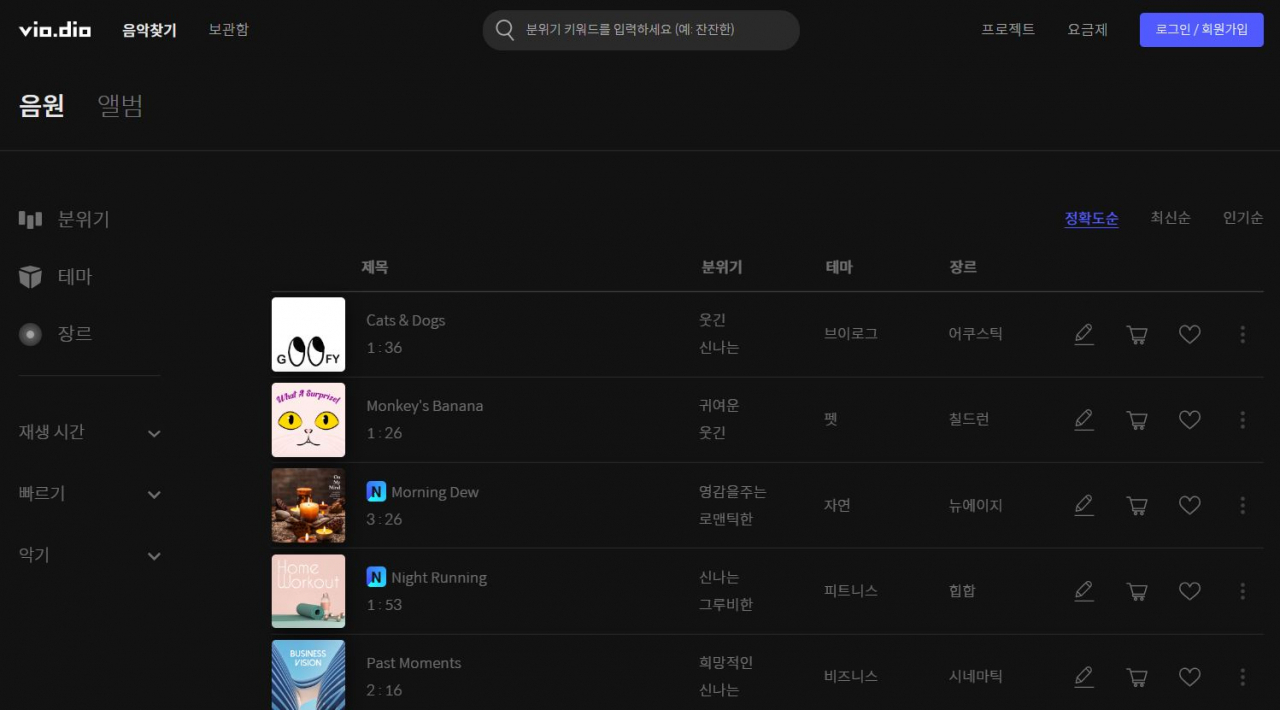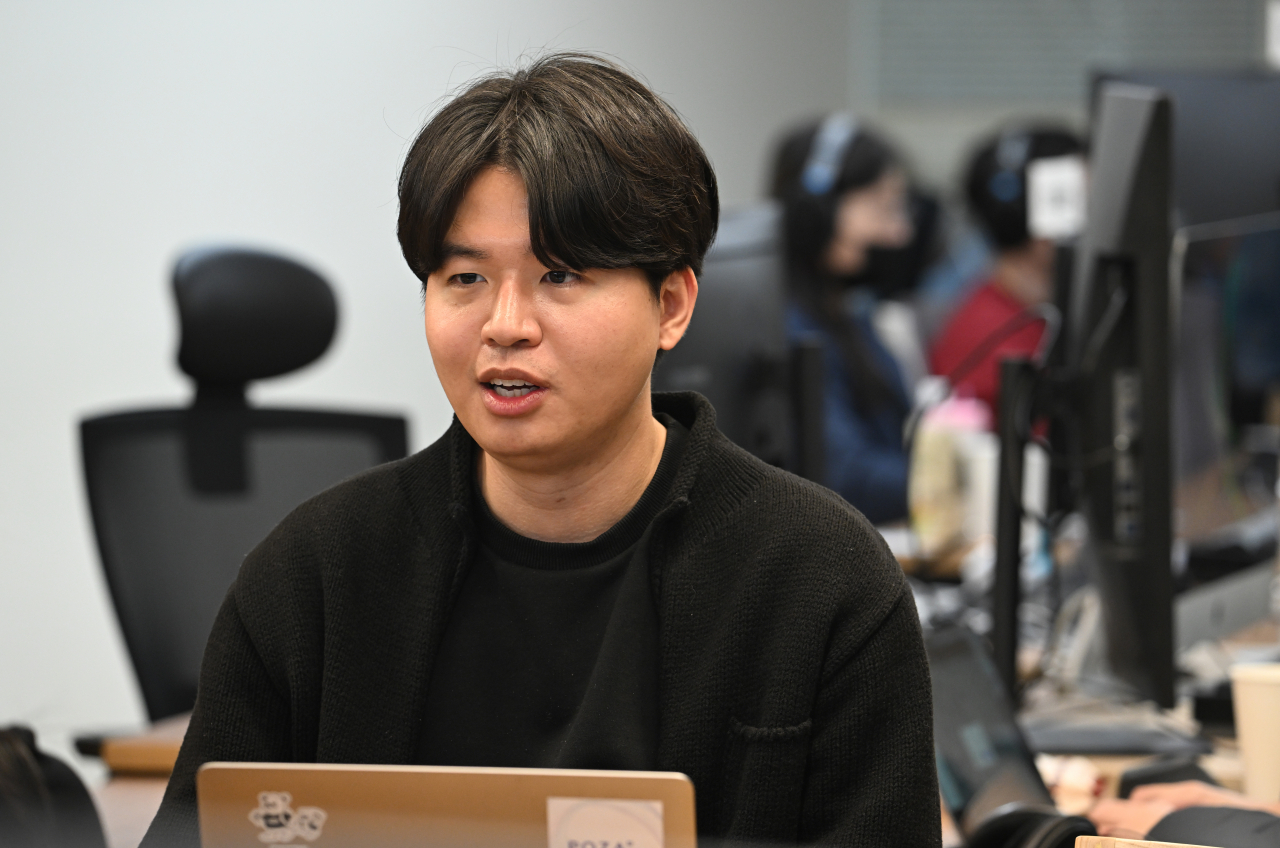 |
Pozalabs' CEO Huh Won-gil has an interview with The Korea Herald at Pozalabs' headquarters in Seoul on Dec. 13. (Im Se-jun/The Korea Herald) |
Pozalabs' artificial intelligence composition technology does not aim to replace the role of human songwriters, but to assist them and help more people flourish as composers, according to founder and CEO Huh Won-gil.
During an interview with the Korea Herald in December, the engineer-turned-CEO said he was able to start the company because he himself was a musician. Having played the piano since he was 5 years old and grown up playing music, Huh said he still spends whole weekends on the piano, composing songs.
"I was certain there will come a time when AI makes music, and I believed I could be best at this job because I knew both the AI and the music," Huh said during the interview conducted at Pozalabs' office in Seoul in December.
Majoring computer science at a prestigious local university and going on to do masters in the same field, Huh took part in researching and developing various new businesses incorporating AI, such as in the fields of neuroscience and pharmaceuticals.
However, it didn't last. Huh looked back on himself and realized that what he could do best was music.
Pozalabs was established in 2017 during an AI music contest that was co-hosted by the Korea Creative Content Agency and SM Entertainment. Winning the contest, Huh and his colleagues went onto officially establish the company in January 2018. Pozalabs has now grown into a company of 44 employees, with investment from the nation's biggest entertainment conglomerate, CJ ENM.
"Just as with other tech startups, it requires time for a technology to yield an outcome. Until last year (2021), all we could do was nurturing that technology, and we're now just beginning to log sales. It's thanks to (making it through) that prolonged death valley that we now have firm foothold," the 30-year-old founder said.
In October, CJ ENM acquired an unspecified stake in Pozalabs, becoming the second-largest shareholder following Huh. Through the investment, CJ ENM anticipated an increased productivity by using Pozalabs' AI-composed music for its TV programs and other video content. In the long-term, the partnership is expected to expand to other new businesses, such as the metaverse, in which CJ ENM has been actively investing. Just last year, the firm bought small stakes in metaverse companies Hyperreal and The Sandbox and the virtual reality tech-firm AmazeVR.
According to Huh, Pozalabs has been working with CJ ENM since 2021 and the investment started being negotiated at the end of that year.
"Our biggest goal (in partnering with CJ ENM) was to prove that music produced by AI could be used in a TV show. That goal of ours clicked with CJ ENM's needs to find a breakthrough in future businesses, leading to strategic investment," Huh explained.
 |
Poster of MBC's drama series "Doctor Lawyer," which featured AI-music made by Pozalabs. (MBC) |
Such business-to-business productions are the main sources of profit for Pozalabs. With CJ ENM as its biggest partner, Pozalabs has also cooperated with big IT firms, including portal juggernaut Naver and game developer Krafton, making songs for their audio and video content. Last year, it also made one of the main tunes from the soundtrack for MBC drama series "Doctor Lawyer."
The essential function of Pozalabs' service is AI audio generation. Through a data-based composition algorithm, the program can create music of a desired mood, instrument and style in just few minutes in average. During the interview, the program concocted a Hans Zimmer-style film music in just eight minutes, few minutes longer than usual, Huh claimed.
The fledgling company now has 13 in-house composers, which is not so short compared to the number of composers affiliated to many local small to medium-size labels. Huh said these composers are the core brain behind Pozalabs' music and plans to invest in increasing the team in 2023.
"The composers' main role is analyzing data. We don't sample existing songs because that inevitably carries the risk of unintended replication. The composers will analyze exactly why people feel such mood with a song. They collect the data on the elements, from the chord, instrument, speed and style of play, and communicate with the AI team in defining the composition into mathematical terms," Huh said.
The main initiative of the technology lies in not replacing the human composers but harnessing it to maximize the productivity. In fact, one of the main plans of this year is to launch a service for the composers.
"It takes a long time for a songwriter to complete a song, but not all part of the process needs to be done by a human. It's important for us to make sure that our technology can benefit everyone (in making music)," Huh said, adding the forthcoming service will, for example, help cut down the process that usually takes three days to just a day for the composer.
Pozalabs is also expected to offer content creators a way around copyright clearance issues. With more and more people making video content and sharing them online every day, the demand for copyright-free music is ever expanding.
The company recently launched viodio, a subscription service for royalty-free music. Kicking off as the beta service in June, viodio officially opened the paid-service in November and now houses 550 songs, a pool which will expand fast in the coming years.
 |
Screenshot of AI-music subscription service viodio website. (Pozalabs) |
According to Huh, there's a shortage of stock music because of a mismatch in the prices composers want and content-makers can pay. It easily takes 1 million won ($803) for a composer to make a song, which is too much for an individual content creator to invest in a single piece of background music, Huh said. The AI-composed music could help make the process more efficient, thereby lowering the price of the stock music and making a new market for the content creators and composers, he added.
The AI music market is flourishing globally, with more tech firms investing into the business recently. In February, Apple acquired startup AI Music to generate tailor-made music, while ByteDance, Chinese tech firm behind TikTok, made the move much earlier in 2019 by acquiring the London-based AI music startup Jukedeck.
Taking this idea further, Pozalabs aims to complete a service where individuals can make their own music. As of now, the company has plans to collaborate with YouTube and TikTok creators to making music according to the precise requirements of mood, situation and genre. The firm recently signed a memorandum of understanding with Soon Ent, the nation's No. 1 TikTok talent agency of some 140 creators, on producing songs for short-form marketing.
Huh said there is also a consistent demand for collaboration from K-pop labels.
"We have the prototype version (of the program for K-pop labels) ready. Once the service gets completed, we're planning to open it in advance to the labels' artists and repertoire team. Our program will not only provide a meticulously-collected-and-analyzed data about why some songs were a hit and what kind of music is trending, but also functions related to lyric-penning and vocalizing," he said.
Huh's ultimate goal is not just a single service, but a new culture of music where people can naturally possess their own music anytime, anywhere.
 |
Pozalabs' CEO Huh Won-gil has an interview with The Korea Herald at Pozalabs' headquarters in Seoul on Dec. 13. (Im Se-jun/The Korea Herald) |
"We take a picture naturally at a special moment. And in the future I draw, we don't stop there, but we also create the music to capture that mood and emotion on the spot. People will be able to not only record the moment, but take part in making it by producing their own songs exactly the way they want. Songs often become a medium to look back on one's memories, and we'll be able to do it with not just others' songs but our own music," he said.
Pozalabs' technology is only halfway to realizing that dream, Huh said. The main issue to be overcome is the server which needs a major expansion in order to handle if the service opens to the general public.
"In the near future, I hope to introduce a service that can give people the confidence to make music whenever they want. I want them to think this naturally through our service. Eventually, I expect people will be able to not just make their songs, but release them and even perform them live in metaverse environments."







